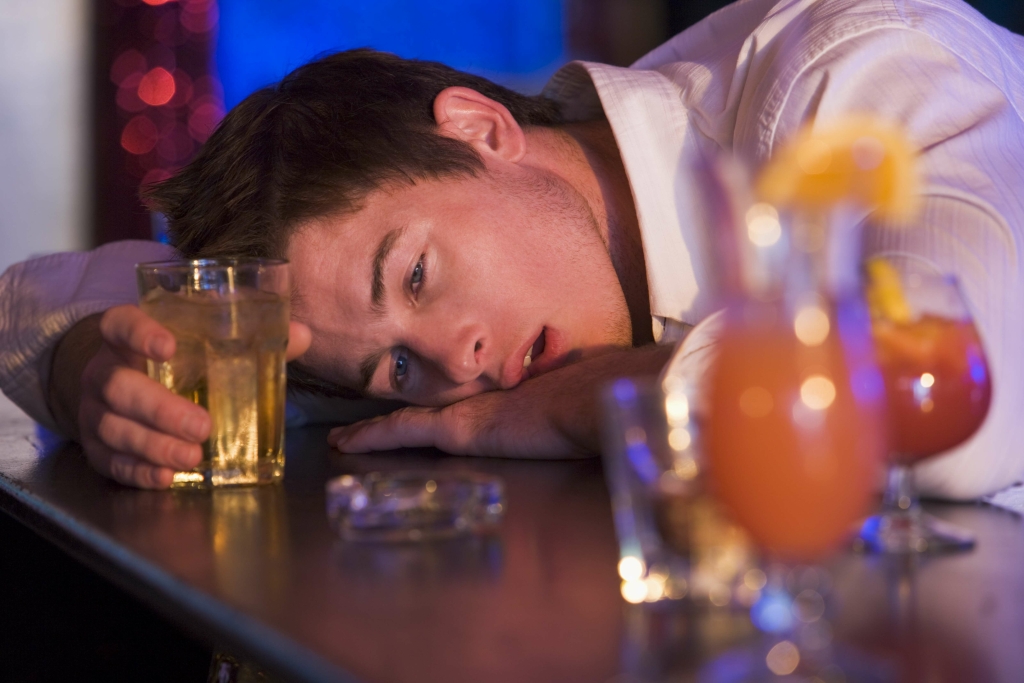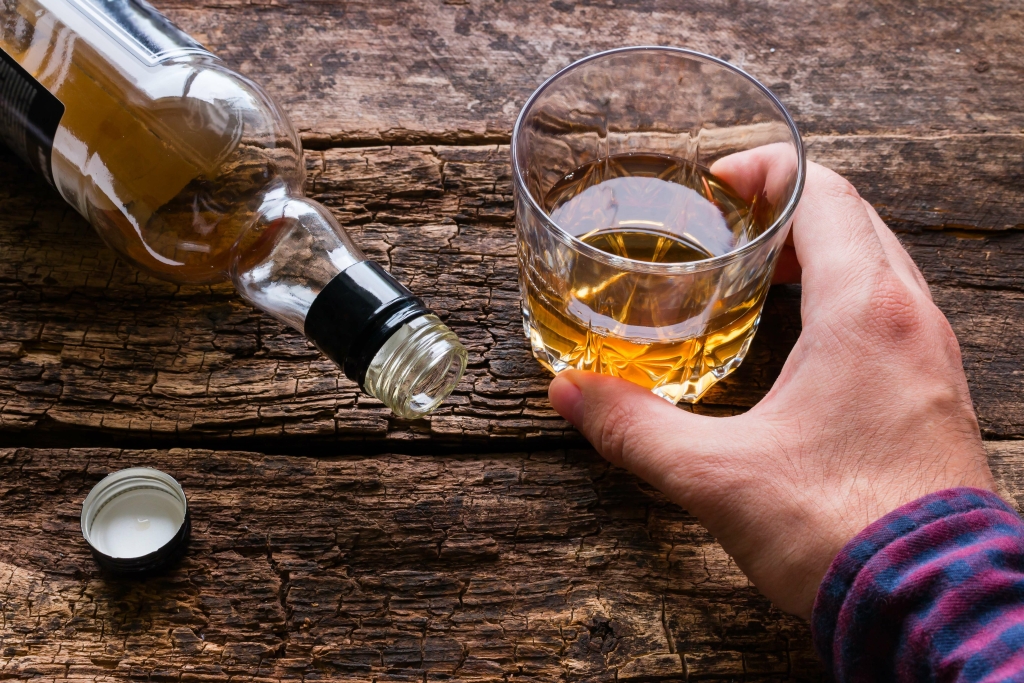If you feel affected by the content you have read, please see our get help page for support. People with depression who drink alcohol often start to feel better within the first few weeks of stopping drinking. If you try this and feel better, it’s likely the alcohol was causing your depression. If your symptoms of depression continue, speak to your GP for help.
Relationship issues
- In this section, trials that used medication and psychotherapy treatments are discussed, as are the effects of those treatments on depressive symptoms and AUD symptoms.
- Depression is a mood disorder with symptoms including deep sadness, loss of interest in activities, sleep difficulties, weight changes, fatigue/low energy, difficulty with concentration, feelings of worthlessness, and thoughts of self harm.
Much will depend on what’s going on in your life, including your history with alcohol and other variables. Without getting too clinical, what’s important to know is that alcohol stimulates the automatic nervous system. And because what goes up must come down, your mood will eventually nosedive. Over the course of time, fatigue has a way of driving your mood downward, which can suck because you don’t have the ability to do the things you want to – like grocery shopping, working out and hanging with friends.
How alcohol worsens anxiety
Children who were abused or raised in poverty appear to be more likely to get both conditions. Women are more than twice as likely to start drinking heavily if they have a history of depression. Experts say that women are more likely than men to overdo it when they’re down. Depending on the severity of the disorders, you may need more intense treatment, such as outpatient care, integrated assertive community (ACT) treatment or a residential stay, which may be required to begin or continue your recovery journey.
- Many randomized trials have investigated treatments for co-occurring AUD and depressive disorders.
- Zhang also said healthcare institutions should look to leverage technology to support adoption of appropriate standards.
- Unhealthy alcohol use is a spectrum of alcohol use ranging from “risky use” to alcohol use disorder (AUD).
- The disorder often develops when individuals are in either their twenties or thirties.
Can alcohol cause anxiety?
Some people may drink to try to relieve the symptoms of mental ill-health. That’s why your doctor or psychologist will work with you to create a treatment approach that addresses both issues. Alcohol can significantly impact the levels http://www.w-world.ru/tovary-dlya-zhenshchin/dekorativnaya-kosmetika-dlya-litsa/catrice-prime-and-fine-42505877688311.html of neurotransmitters in your brain, making depression worse. Antidepressants can help even levels of these chemicals and can help relieve symptoms of depression. Alcohol may be a form of self-medication for people with depression.
Tips to change your relationship with alcohol
Meditating minutes a day can play a pivotal role in helping the brain make lasting changes to improve mental stability. It is highly recommended for those struggling with depressive symptoms and/or alcohol use disorder to begin each day with mindfulness exercises. Certain theories give rise to the expectation that alcoholics might have high rates of long-term, independent anxiety and depressive disorders (Wilson 1988). Perhaps as a result http://muchmp3.ru/muzyka/rock-alternative/59561-blink-182-california-deluxe-edition-2017.html of the influence of these theories, psychotherapists frequently reported deep-seated emotional difficulties or persisting psychiatric symptoms in alcoholics, even when alcohol-dependent people were sober. Mutual-help groups also can be effective elements of treatment for co-occurring AUD and depressive disorders. Our compassionate team proudly provides advanced therapy options to treat both substance abuse and mental health issues.
- Also, from DSM-IV to DSM-5, modifications were made to the symptoms that were included as diagnostic criteria.
- Previous trauma is also a risk factor for alcohol misuse and depression.
- Once a person becomes deeply depressed, regardless of the cause, he or she may need to be hospitalized and provided with the appropriate precautions against suicide.
- Additionally, substances cause impairment which interferes with the healing process, particularly being a distraction when a patient is involved in therapy.
- You don’t have to battle the depression alone and relying on alcohol to make you feel better will only cause further pain.
- If you’re physically dependent on alcohol and need to stop drinking completely, stopping suddenly could be harmful.
- Drinkchat is a free service for anyone who is looking for information or advice about their own, or someone else’s, alcohol use.
Behavioral Health Treatment: A Path to Resolution
It’s not uncommon to use alcohol to cope with difficult feelings and experiences. Treatment often includes an integrated approach to simultaneously address both alcohol use disorder and depression. When you drink too much, you’re more likely to make bad decisions or act on impulse. As a result, you could drain your bank account, lose a job, or ruin a relationship. When that happens, you’re more likely to feel depressed, particularly if you have a family history of depression.

Why You Feel Depressed After Drinking and How to Handle It

Simultaneous treatment for alcohol misuse and a depressive disorder can help you or your loved one take back control of your mental health, physical wellbeing, and overall happiness. It is important to note that medications for alcohol use disorder are a first-line treatment. They can be helpful for many, so talk to your doctor about this option. If you’re dealing with severe alcohol withdrawal symptoms, such as anxiety, insomnia, nausea, and hallucinations, among others, then your doctor may suggest medications such as chlordiazepoxide or other benzodiazepines. Drinking persistently and excessively can increase your risk of developing a major depressive disorder.
It’s client-centered, tackling ambivalence towards changing substance use. It helps clients find their motivation to change by addressing their mixed feelings about alcohol use and its effects. There is also evidence that alcohol consumption can cause increased levels of neuroinflammation. Inflammation is a https://www.gothicbeauty.com/2014/08/jill-tracy-silver-smoke-star-of-night/ natural immune response within the brain and body, but can be over-activated by alcohol and lead to changes in mood and behavior. Now that you’ve got the basics, it’s time to explore 10 specific ways drinking can worsen depression. When you read what follows, try to examine the material free of judgment.
